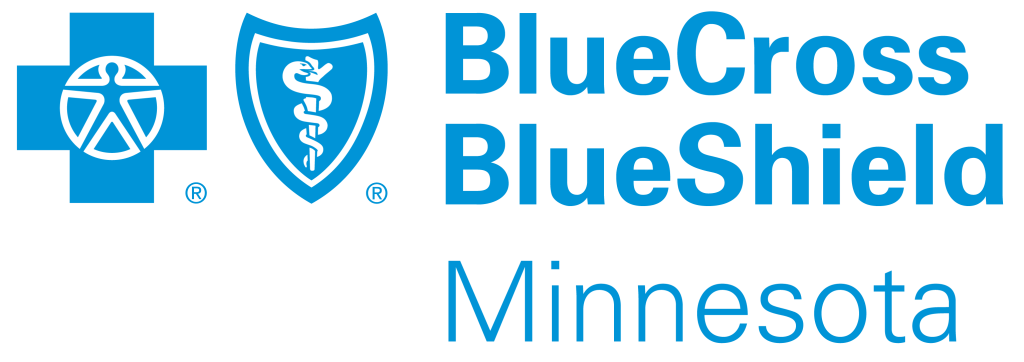(Blue Cross Medicare Advantage plans only)
From a broken bone to a serious illness, stabilizing an acute medical condition or situation is the purpose of an inpatient hospital stay.
When you are discharged, that means you no longer need services that can only be provided in a hospital setting. Often, you do not need to stay in the hospital until your condition is completely improved. Follow-up appointments with your care provider will generally be needed to stabilize, manage and/or treat new and existing conditions.
The path to getting the post hospital care you need can feel overwhelming. Blue Cross aims to support members with the transition between care settings and to prevent a hospital readmission. These readmissions typically happen when patients are confused about their discharge orders or lack necessary support to follow through with their appointments or medications as directed. Yen Mach, Medicare product manager, and Amanda Snyder, principal product consultant, explain important benefits available to Blue Cross members after a hospital stay, skilled nursing facility (SNF) and acute inpatient rehab facility.
What counts as a hospital stay?
First, it’s important to understand what exactly is meant by “hospital stay.”
“Typically, a hospital stay is an acute situation,” Mach says. “Heart attacks, strokes — but it could be a multitude of scenarios as well.”
Member benefits
Our goal at Blue Cross is to ensure positive health outcomes for all our members, which is exactly why we have discharge benefits available.
Hospitals take care of the “emergency” problem. Our benefits support your continued wellness at home. Here’s an overview of important benefits available to members after a hospital stay.
Primary care provider visits
Our members always enjoy the benefit of visits with a primary care provider at no additional cost. After a discharge, it is especially crucial to follow up with your doctor because your primary care provider plays a necessary role on your journey back to health.
Most hospital discharge orders include instructions to have an office visit within the first seven days after discharge. Your primary care provider needs to follow up on your discharge plan from the hospital. We know how crucial it is to visit your doctor, which is why we provide this important benefit.
Tier 1 generic prescription medications
(Blue Cross Medicare Advantage plans only)
Your doctor at the hospital may not be the same as your primary care provider and therefore may not be aware of your existing medications. A service available to our members post discharge is Medication Therapy Management (MTM). This service provides our members with a pharmacist review of medications and clinical advice.
Additionally, our extensive drug formulary and expansive pharmacy network are intended to make finding and affording your medications easy. Tier 1 generic drugs are always available at no additional cost for our members.
1
Meal delivery
Blue Cross has meal delivery available at no additional cost for our members after a qualified hospital stay. Our hope is that our members take advantage of nourishing food, delivered to their door to help build back their strength during recovery.
Our members are eligible to receive two meals per day for up to 28 days after discharge from a hospital or SNF stay.
Call the number on the back of your Blue Cross member ID card to learn more.
Nurse line
“Nurse Line is a really underutilized service,” Mach says. “It’s available 24 hours a day, seven days a week.”
If something doesn’t feel right after a discharge, rather than asking a caregiver or a friend, call our nurse line who can help to direct you to the correct level of care.
To get in touch with a nurse, call the Nurse line number on the back of your member ID card.
Durable medical equipment
Blue Cross provides coverage for when you require durable medical equipment (DME) at home. Typically, most hospitals do a good job of coordinating DME such as oxygen tanks, orthotics, personal care aides, mobility aids and hospital beds after discharge, but make sure to check with your plan for coverage specifics.
Home health
Depending on your medical condition, your doctor may recommend home health. Home health care is available — and at no additional cost to you — when determined to be medically necessary. The criteria for need is very specific and only available to members who are homebound, meaning they cannot leave their home unassisted.
Typically, post-discharge, members use this service for wound care or therapy following a stroke or invasive surgery, but there are other services our homebound members may need, such as skilled nursing care, physical therapy, speech-language therapy or occupational therapy.
The goal: Get healthy at home
Our post-hospital stay benefits are intentionally provided to support your health needs after a discharge. These benefits are universally available to all members, and we encourage you to use them.
No one wants to be readmitted to the hospital. Included in your plan, take advantage of primary care visits, prescriptions, meals, and your additional benefits to continue moving forward healing at home.
We’re here to help. If you have questions about your benefits after a hospital stay, call us using the phone number on the back of your member ID card.
1


